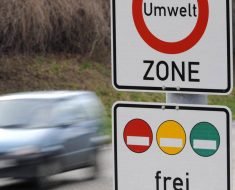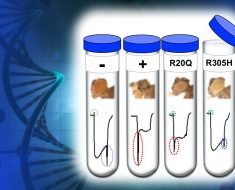 What do I do if I have a car accident?
What do I do if I have a car accident?
No one plans to get into an accident, but it happens to almost everyone at least once or twice during their driving careers. If you have an accident, whether it’s just a small fender bender or a more serious collision, you’ll need to:
- Take a few deep breaths and try to stay focused so you can assess the situation.
- Determine if it was a minor accident (no physical injuries) or a major accident (people are hurt and there is a lot of damage to the vehicles).
- Move your car to the side of the road out of the way of oncoming traffic, if you don’t have any serious injuries and your car is drivable.
- Keep your seatbelt on and stay in the car until help arrives if the accident is more serious and there are injuries or your car can’t be moved.
- Put your hazard lights on.
- (Minor accidents) Park your car in a safe area, turn the engine off and get your emergency kit. Set up flares or orange cones around your car.
- Turn your phone on and call for help; dial 911 or call *77 on your cell phone – tell the police where you are and if anyone is injured. Do this in a safe area.
- Be prepared to tell the dispatcher your name, where you/your car is located, and if anyone is injured. (Sometimes the police will only come to a crash scene if someone is hurt or if your car isn’t drivable).
- Try to remain calm. Don’t yell or blame others, just focus on making sure that you and the other drivers or passengers are okay then get ready to collect information.
What kind of information do I need to get from the other driver(s)?
Once you know that you and all of the people involved in the crash are okay, calmly ask to see the other driver(s) license and registration. If the other driver(s) is unwilling to share this information, is yelling at you or under-the-influence of alcohol or another substance, remain calm and don’t argue with them. Write down as much information about their car that you can see, and wait for the police to arrive.
Write down the following information (only if you are able to do so):
- Name, address, license number and registration for each driver involved
- Name of each driver’s car insurance company
- Year, make and model of the cars involved
- Location, time and weather conditions and any other details that you can remember
- Draw a picture of the street; whether it’s a cross road, if traffic was going both ways, etc.
O.K., I have got the information from the other drivers. What next?
Next, you’ll need to talk with your parent(s) or guardian(s) and then call your insurance company. Their first question will likely be about your safety, so talking with them may be much less scary than you might imagine. You’ll need to explain how the accident happened to the best of your ability. If you have all or most of the information above, it will be easy to answer most (if not all) of the questions that the insurance agent asks you.
Driving is a privilege that comes with a lot of responsibility. When you get your license and gain experience, driving will become part of your everyday life. It’s important to understand the risks with driving so you can protect yourself and others.
Source: Read Full Article





